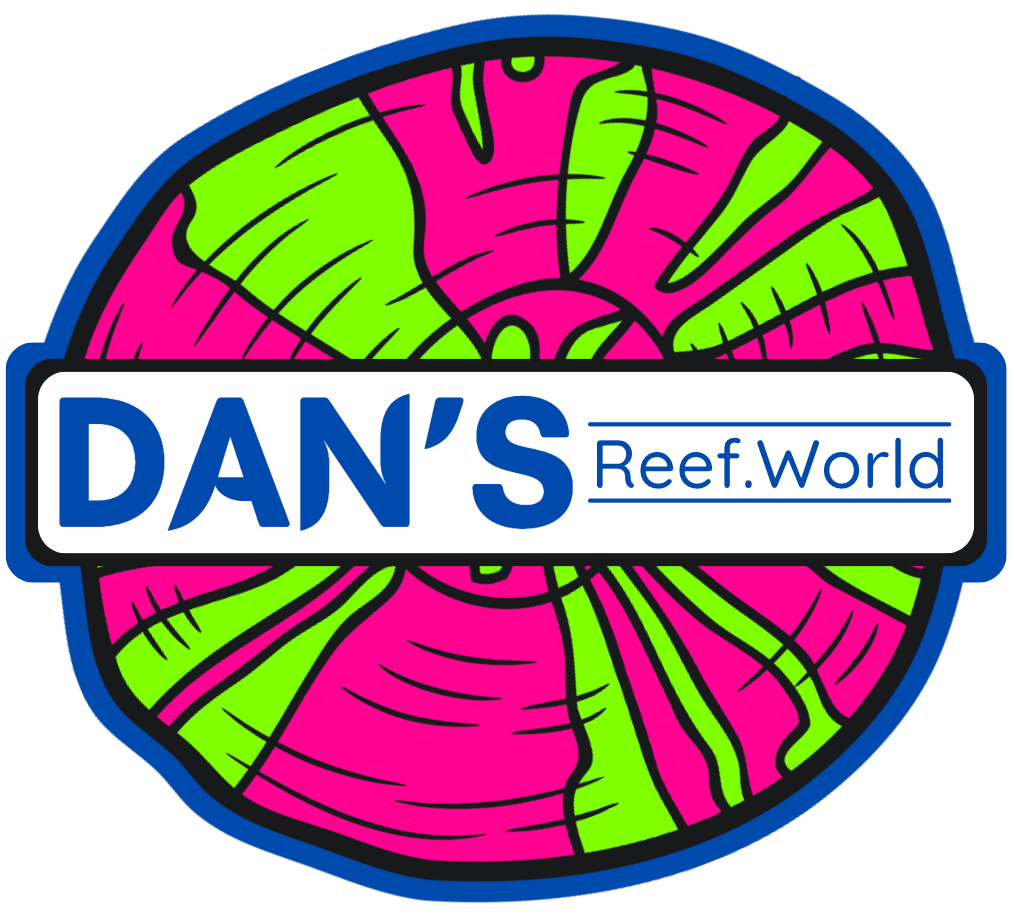Frequently Asked Questions
To grow coral successfully, you'll need a well-established saltwater aquarium with stable water parameters, appropriate lighting, and proper water flow. Maintain appropriate temperature, salinity, and nutrient levels.

Most corals require strong, spectrum-appropriate lighting. LED lights are popular for providing the necessary intensity and color spectrum. Ensure the lighting matches the specific needs of the coral species in your tank.

Water flow is crucial for corals as it helps distribute nutrients, removes waste, and prevents the buildup of detritus. Consider the flow requirements of different coral species, and use powerheads or pumps to create adequate circulation.

Maintain stable water parameters, including a temperature range of 78-80°F, salinity between 1.024 and 1.026, pH between 8.1 and 8.4, and zero ammonia, nitrite, and low nitrate levels. Regular water testing is essential.

Slowly acclimate corals to your tank's conditions by drip acclimation. This process helps them adjust to differences in temperature, salinity, and lighting. Avoid sudden changes to prevent stress.

Coral fragging involves cutting a piece of a healthy coral to encourage new growth. It can help propagate corals and control their size. While not necessary, fragging is common among hobbyists for propagation and trading.

Maintain good water quality, provide proper nutrition, and practice good aquarium hygiene to reduce the risk of infections.

Corals can obtain nutrients through photosynthesis, but many also benefit from supplemental feeding. Offer a variety of coral foods such as phytoplankton, zooplankton, and specialized coral foods. Feed sparingly to avoid water quality issues.

Proper lighting and nutrient levels are key to vibrant coral colors. Ensure your lighting spectrum is appropriate for the corals in your tank, and maintain nutrient levels within acceptable ranges. Some corals may also benefit from specific supplements.

It is possible, but it requires careful consideration of each coral's specific needs. Some corals may release toxins or display aggressive behavior towards others. Research compatibility and create distinct zones in your tank for different types of corals if needed.




